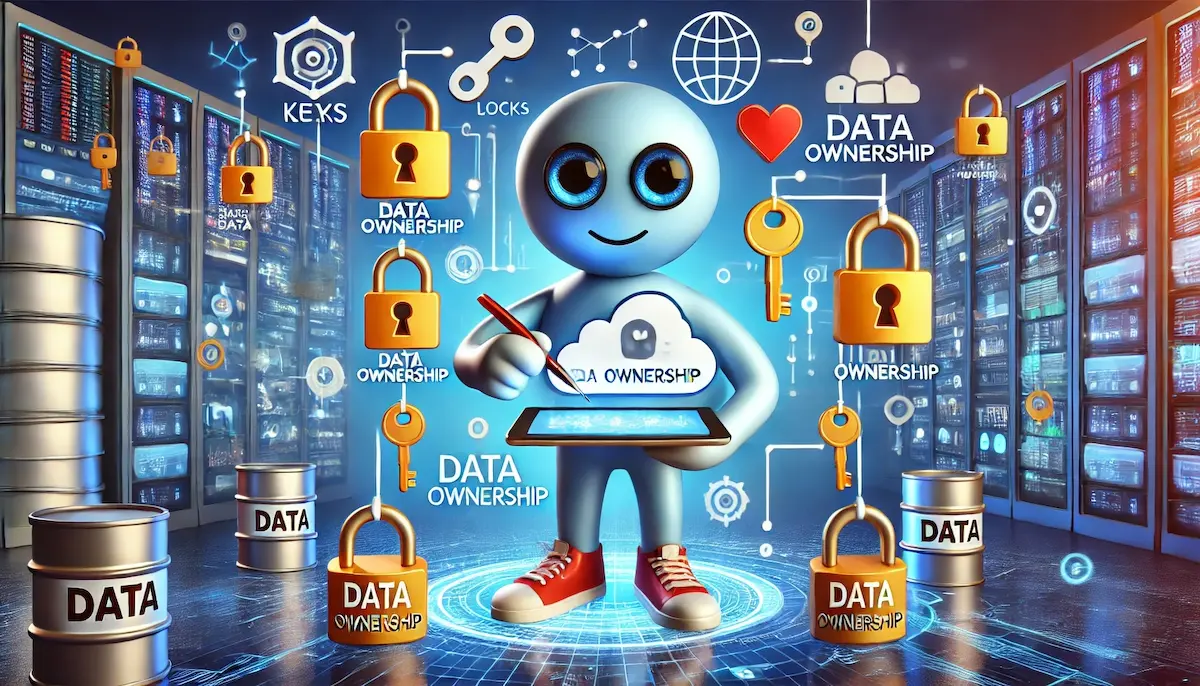In the era of big data and digital transformation, data ownership has become a critical concept for individuals and organizations alike. Understanding who owns data and what responsibilities come with it is essential for data management, privacy, and security. Let’s explore what data ownership entails and why it matters.
What is Data Ownership?
Data ownership refers to the legal rights and responsibilities related to the possession, use, and control of data. The owner of data has the authority to determine how it is used, shared, and maintained. This ownership can lie with individuals, organizations, or even governments, depending on the context and type of data.
Key Aspects of Data Ownership
Several important aspects define data ownership, including:
Legal Rights
Data owners have legal rights to control access to their data. This includes deciding who can view, modify, or share the data. These rights are often protected by laws and regulations, such as the General Data Protection Regulation (GDPR) in Europe or the California Consumer Privacy Act (CCPA) in the United States.
Responsibilities
With ownership comes the responsibility to protect and manage data properly. This includes ensuring data accuracy, implementing security measures to prevent unauthorized access, and complying with relevant laws and regulations.
Privacy and Consent
Data ownership also involves respecting the privacy and consent of individuals whose data is being collected and used. Owners must ensure that data is collected lawfully and that individuals are informed about how their data will be used and have given their consent.
Why is Data Ownership Important?
Data ownership is crucial for several reasons:
Control and Accountability
Clear data ownership establishes control and accountability. It ensures that there is a designated person or entity responsible for managing and protecting the data, which is vital for data integrity and security.
Data Privacy
Data ownership helps protect individual privacy. When data owners are clearly defined, individuals have more control over their personal information and can hold data collectors accountable for misuse or breaches.
Legal Compliance
Understanding data ownership is essential for compliance with data protection laws and regulations. Organizations must know who owns the data they collect and process to ensure they meet legal requirements and avoid penalties.
Trust and Transparency
Clear data ownership fosters trust and transparency between organizations and their stakeholders. When data owners are transparent about how data is collected, used, and protected, it builds confidence and trust with customers, partners, and regulators.
Challenges in Data Ownership
Despite its importance, data ownership can be complex and challenging:
Shared Data
In many cases, data is shared among multiple parties, making ownership difficult to determine. For example, data collected by one company might be processed by another, leading to questions about who truly owns the data.
Data Portability
Data portability rights, such as those granted under GDPR, allow individuals to transfer their data from one service provider to another. This raises questions about how data ownership is maintained and transferred.
Evolving Technologies
Emerging technologies like cloud computing, artificial intelligence, and the Internet of Things (IoT) create new challenges for data ownership. These technologies often involve large amounts of data generated and processed across different platforms and devices, complicating ownership issues.
Conclusion
Data ownership is a fundamental concept in the digital age, ensuring that data is managed, used, and protected responsibly. By understanding and defining data ownership, individuals and organizations can better navigate the complexities of data management, privacy, and compliance.
Blockfine thanks you for reading and hopes you found this article helpful.
